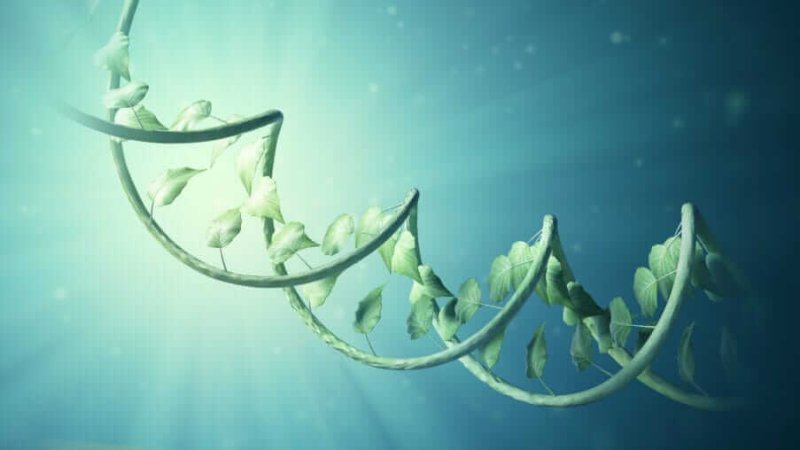Over the last few years, new tools have rapidly created possibilities in plant breeding. These New Plant Breeding Techniques (NPBTs) have been met with both excitement and concern. They are blurring the line between conventional breeding (which can involve inducing random mutations into a plant’s DNA) and genetic modification, which introduces entire genes.
NPBTs are a collection of tools which can be used to modify a plant’s DNA, the most famous being CRISPR-Cas9….
…
Whilst some organic farmers are calling for NPBTs to be permitted in organic agriculture, certification bodies are making their position clear: crops made through NPBTs are incompatible with the organic ethos.
…
Without access to the tools used by breeders in conventional agriculture, can organic breeders meet the industry’s needs? A principle of organic farming is to adapt the seed to the environment, not the environment to the seed, yet organic agriculture suffers from a lack of crop varieties suited to their growing conditions. Conventional crop varieties have often been developed for high-input systems, whereas organic farming needs crops which can thrive without synthetic fertilisers and chemicals.
…
Some people have therefore argued that organic agriculture should embrace NPBTs to produce seeds which are ideally suited to its growing conditions.
Read full, original post: Perspectives on organic agriculture and new plant breeding techniques































